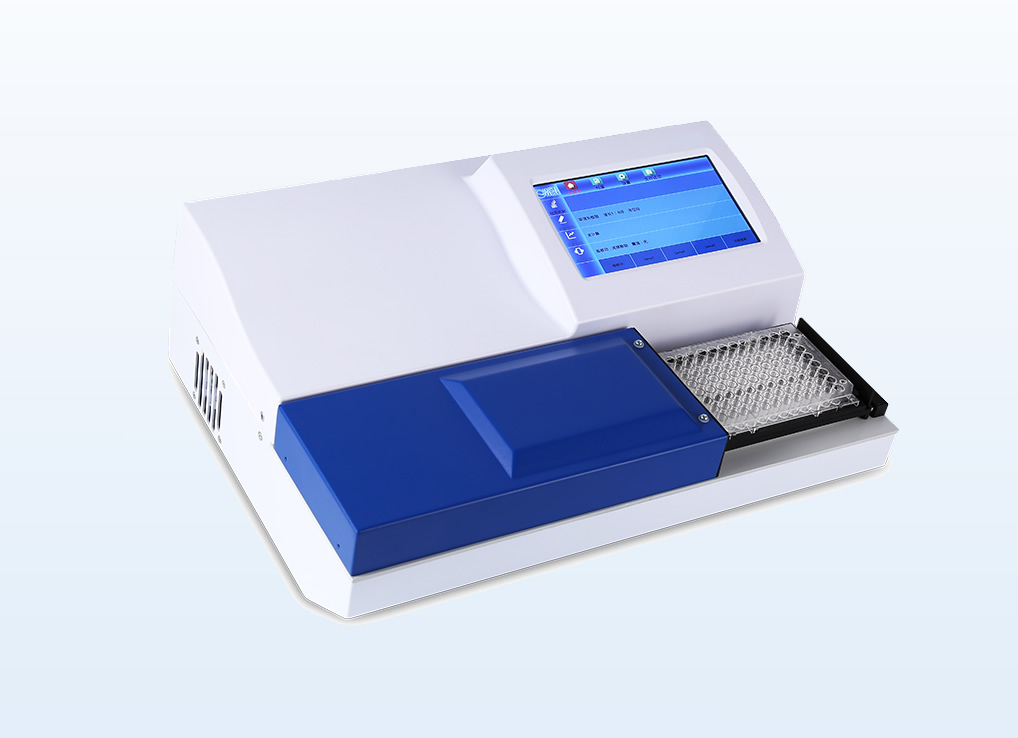Supporting your pet’s medical needs plays a vital role in their longevity. Animal diagnostic labs offer a wide range of services for pets such as cats and dogs.
Throughout this resource, we’ll discuss how pet diagnostic centers support animal care, their key services, and why regular diagnostic testing is important.
What Are Veterinary Labs?
Animal health laboratories help diagnose health conditions in pets. They support veterinarians to make accurate diagnoses.

How tests are conducted typically involves:
- Gathering pet health data: Key biological materials are retrieved during vet visits.
- Laboratory analysis: Skilled technicians process the data.
- Understanding the data: The lab sends back results to the veterinarian for treatment recommendations.
Essential Diagnostic Tests for Cats and Dogs
Animal health testing facilities run multiple health assessments to monitor their well-being. Important assessments include:
- Complete blood counts (CBC): Check for chronic conditions.
- Urine tests: Spot bladder issues.
- Fecal examinations: Spot signs of infections.
- Allergy screenings: Address skin irritations.
- laboratorio de analises clinicas veterinaria
- Diagnostic imaging: Check for fractures.
Why Regular Testing is Important for Your Pets
Periodic veterinary assessments is essential for preventing serious illnesses. Spotting problems quickly helps avoid complications.

The main advantages include:
- laboratorio de exames veterinarios
- Proactive care: Accurate diagnoses for your pet’s needs.
- Reassurance for your family: Stay informed about their health.
- Preventing costly emergencies: Save money by staying ahead of problems.
Why Veterinary Testing is Essential for Cats and Dogs
Incorporating lab testing for your four-legged friends supports their overall wellness. Pet testing facilities offer critical support to ensure optimal health.
Talk to your vet about lab testing to protect their health!
Comments on “How Veterinary Diagnostics Safeguard Pet Health”